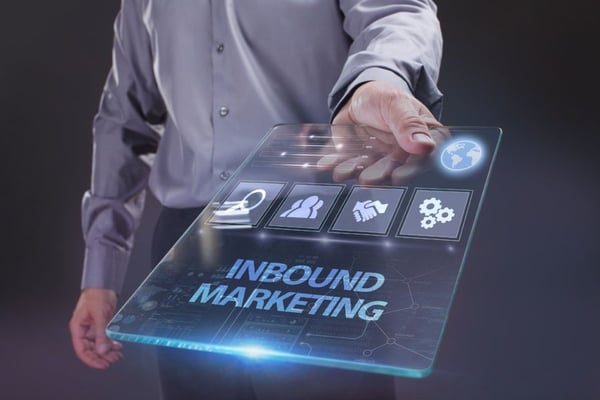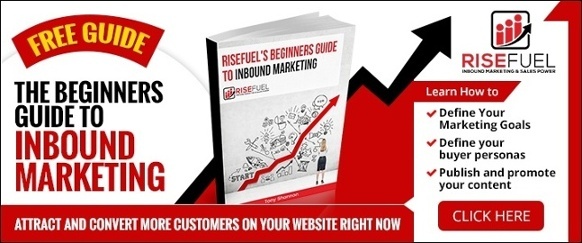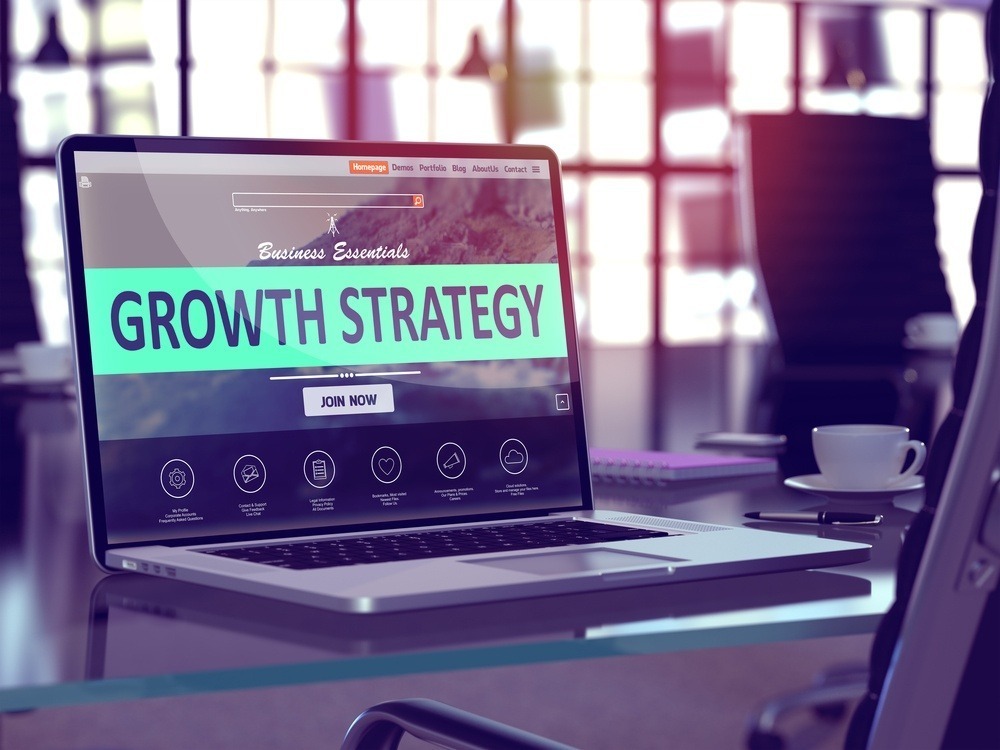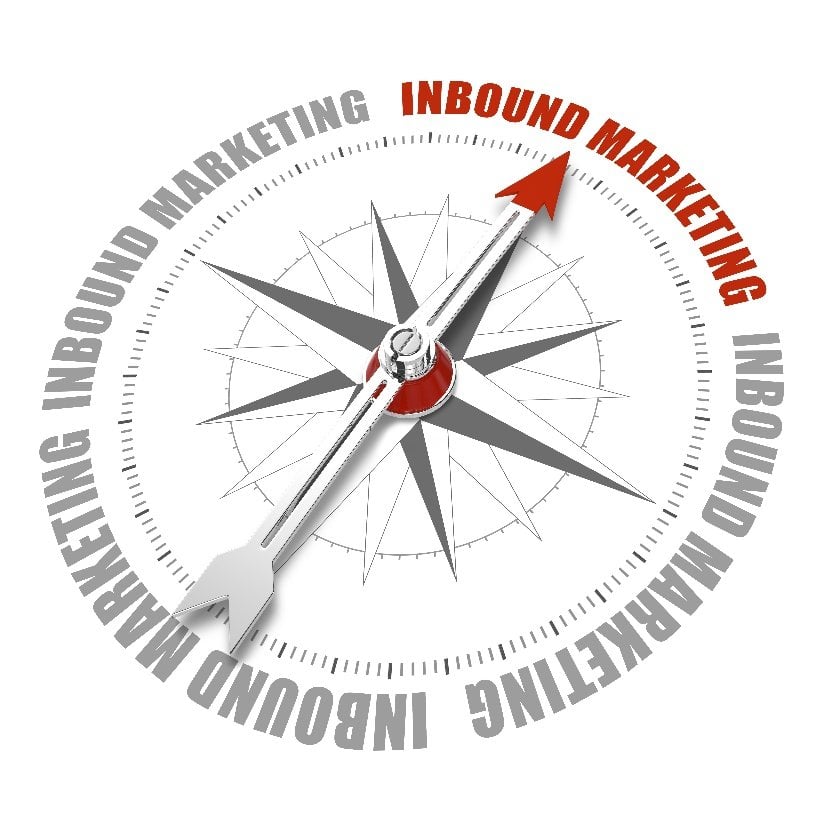
As companies look at the options in front of them for improving their digital presence and utilizing the many different digital marketing strategies available to them, the process can quickly become overwhelming.
There are a lot of options to consider and even more inbound agencies, freelancers, strategists, and companies that they could turn to for help in executing those strategies.
In recent years, we have seen a rapid rise in the popularity of inbound marketing.
Inbound marketing is a strategy that encompasses several popular digital marketing strategies — content marketing, social media marketing, PPC marketing, and sales enablement — into one cohesive strategy that helps companies to cover their bases and employ a multi-channel approach that positions them for long-term success.
In order to execute inbound marketing strategies, you’ll need an inbound marketing strategist.
An inbound marketing strategist can help to guide you through the selection of options available and identify the tactics that are likely to present the highest returns for your business.
To understand why hiring an inbound marketing strategist is almost always necessary to effectively employ inbound tactics, we first have to understand what inbound marketing is in full.
What is an Inbound Marketing?
Inbound marketing differs from traditional advertising. It’s all about creating valuable experiences for your customers that have a positive impact on their lives.
This is done through providing a positive experience on your website and delivering high-value blog content that covers your customer’s most pressing needs and concerns.
Additionally, you connect with those customers through other relevant channels (such as social media, email, etc.) to continue building the relationship and provide value.
In inbound marketing, you use these valuable assets to attract them to your website and begin developing a familiarity with your business.
Inbound marketing differs from outbound marketing because you aren’t fighting to interrupt their thought processes and fight for their intention.
Instead, the customers come to you because you provide valuable data and insight on the subject.
Source: WordStream
The Inbound Marketing Process
The inbound marketing process rose out of a change in buyer behavior. Those changes created results that have pushed the strategy to play a larger role in the buying experience of customers.
The way that customers communicate and the things that they expect from your business have changed. In recent years, the way that customers consume content has changed, with total B2B content consumption increasing by 21% on LinkedIn.
An inbound marketing strategist will help you attract new prospects and engage with them at scale. They’ll work with your sales and services teams to ensure that you are providing an excellent experience to your customers throughout the process.
The inbound marketing process includes four steps:
- Attract. You don’t want customers coming to your website that have no interest in your products are services. You want those that are most likely to have an interest and become leads. In inbound marketing, strategists use content to build your authority and search and rank for topics in search that matter most to your prospects. Your content is also distributed on social media. You attract new leads to your website by creating high-value content that speaks to their biggest concerns, questions, and interests as they relate to your company.
- Engage. Facilitate conversations and relationships with prospects on a variety of channels. Then use call-to-actions, forms, and customer journey’s to capture visitor information and continue delivering high-value information that educates them and nurtures that relationships.
- Close. Close the deal and turn a prospect into a customer. This is where your sales practices directly intersect with your inbound marketing.
- Delight. Use mail and marketing automation to deliver information to prospects exactly when they need it, based on their current understanding and education of your products and services. In the delight stage, you’ll continue to build relationships with customers over time.
The inbound marketing process is really as old as advertising itself, but it was only recently that it was spelled out in such a clear and instructive way.
The inbound marketing process helps customers to learn about your company, discover why your company would be the right choice for them, and develop the understanding that your company and the people that work within it are an authority in your industry.
Source: Growth-Hackers
What is an Inbound Marketing Strategist?
An inbound marketing strategist is someone that helps companies (either in-house or as a contracted third-party) to execute inbound marketing strategies.
They should have experience and be able to provide proof of effective inbound marketing campaigns for other companies.
Some of the activities that an inbound marketing strategist will engage in include:
- Plan and execute project management functions required to coordinate inbound marketing strategies.
- Perform content audits analyzing your current content and find gaps in your current strategies.
- Work across departments to build and execute a unified marketing, sales, and product strategy.
- Educate your company and stakeholders on inbound marketing best practice and provide recommendations.
- Analyze metrics and analytics to gauge the effectiveness of the strategies employed.
- Optimize inbound marketing campaigns on an ongoing basis to increase ROI and position your company for long-term success.
- Develop lasting relationships with customers and partners and nurture those relationships in the long-term.
- Create, optimize and launch content campaigns across multiple channels.
An inbound marketing strategist is an absolute must-have for companies that want to harness the power of inbound marketing.
A great strategist can be the difference between a well-executed strategy that drives measurable returns and a burned budget.
While all companies should take the time to extensively evaluate any inbound marketing strategist that they work with — whether that is in-house or as a third-party contractor — ultimately it is previous results that matter and determine whether they are a good fit for your business.
A Strategy for Growth
Inbound marketing isn’t a short-term strategy. It’s a strategy that companies employ when they want to build a long-term, reliable digital presence that will help them to connect with prospects and customers.
By publishing high-value content over time, you position your company as an authority in your industry and source of information for your most pertinent prospects. 55% of inbound marketers say that content creation is their top priority.
An inbound marketing strategist has the skills and experience required to help you execute effective inbound strategies without the trial-and-error that would typically be required to execute those strategies for the first time on your own.















